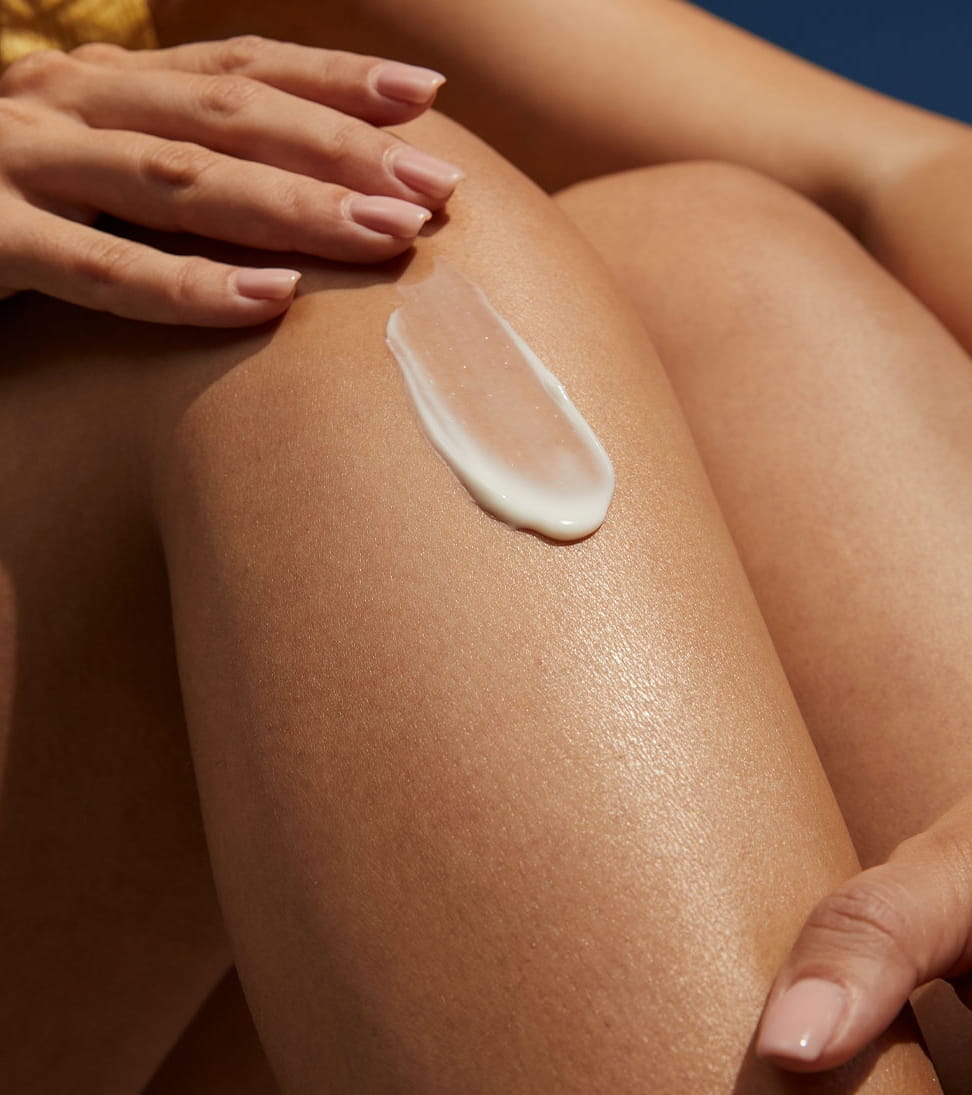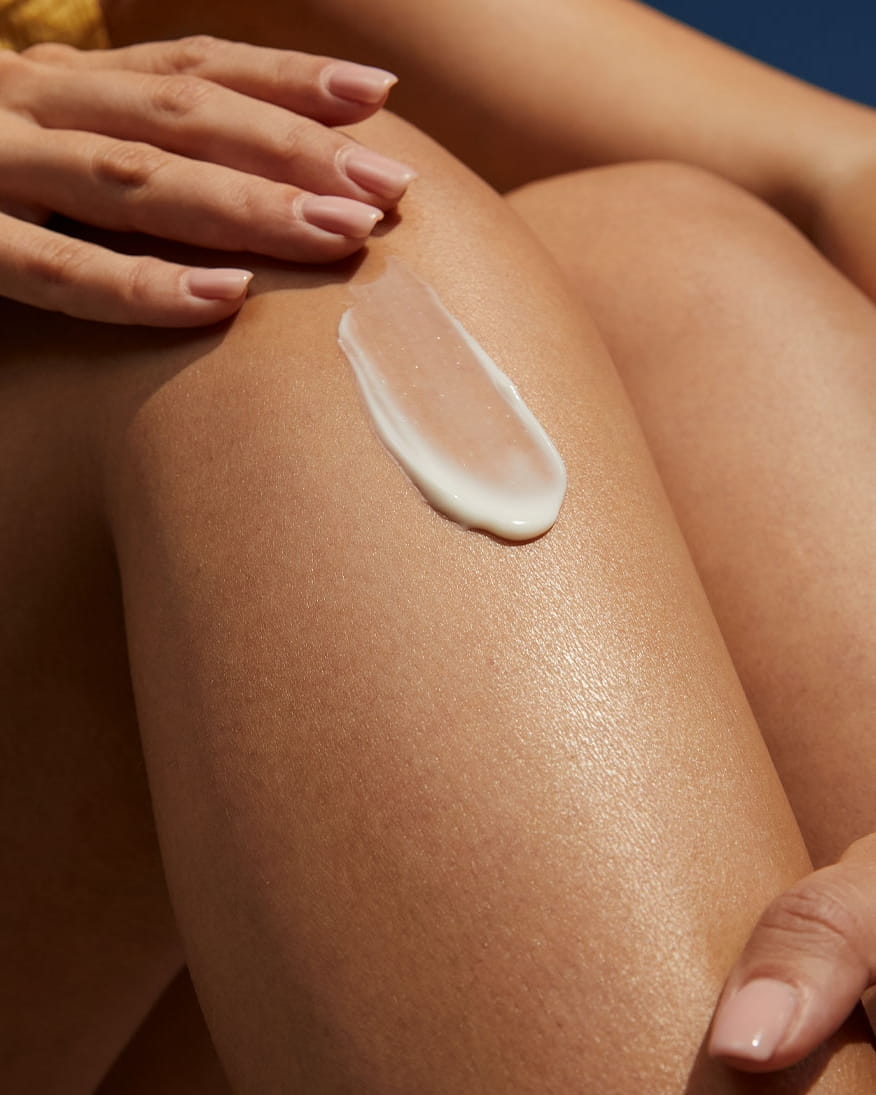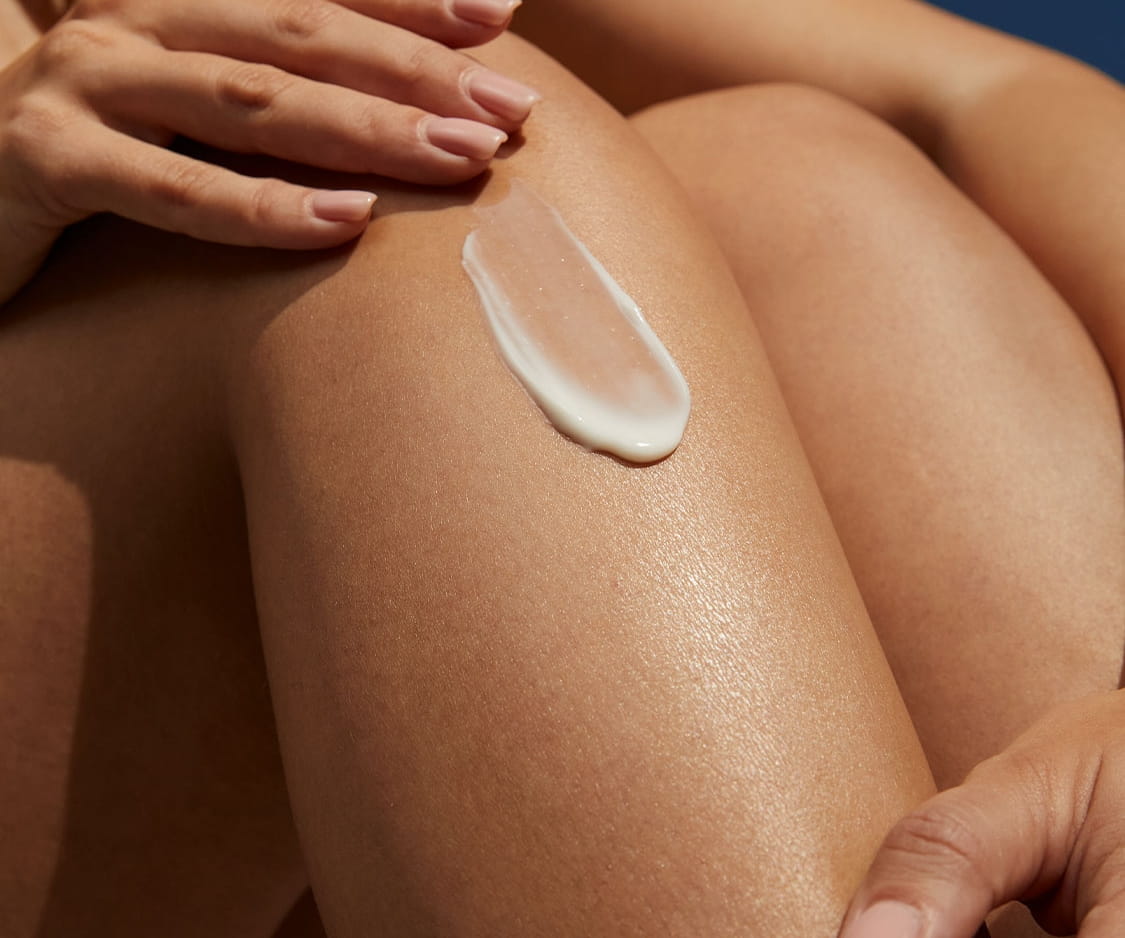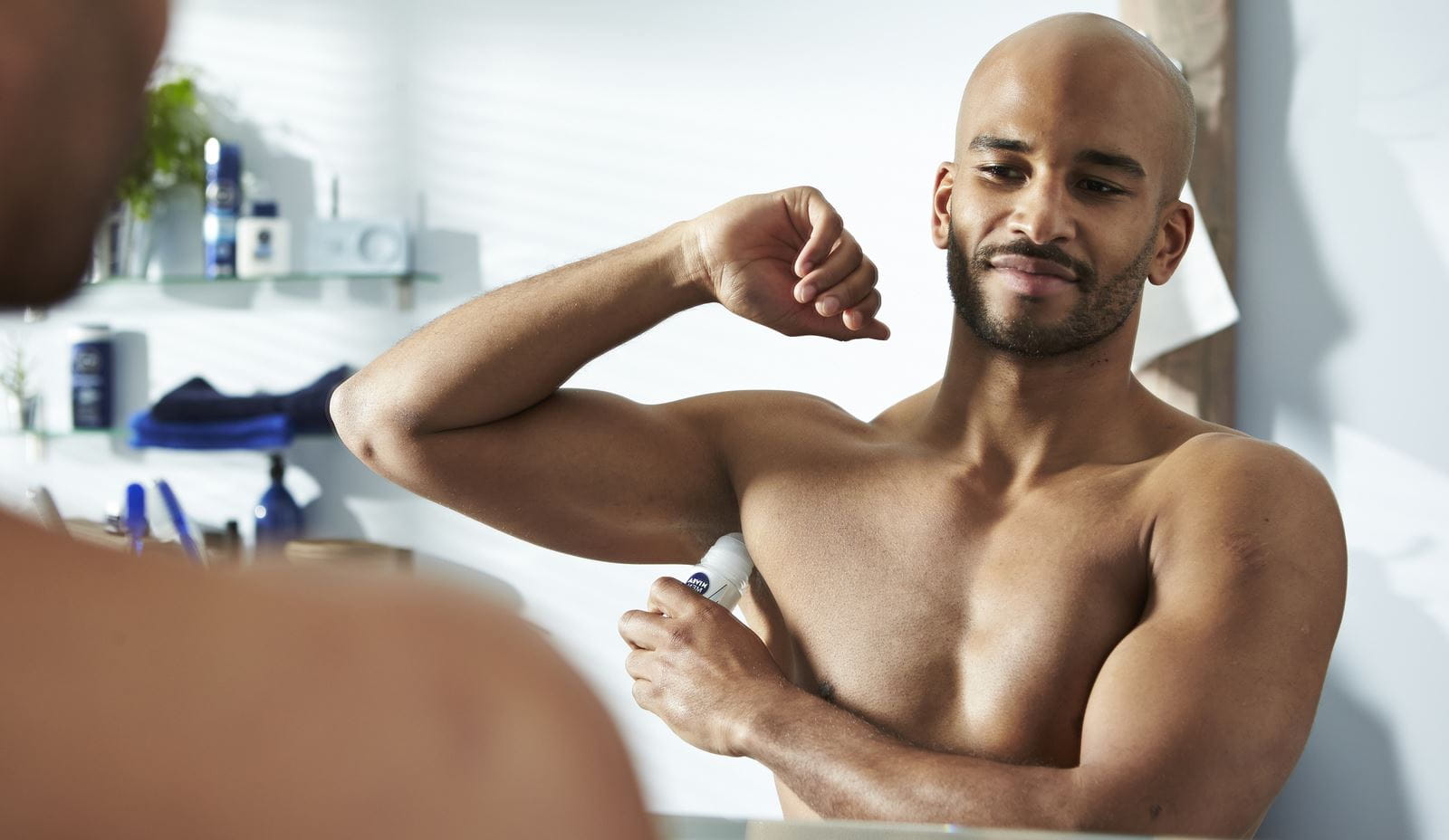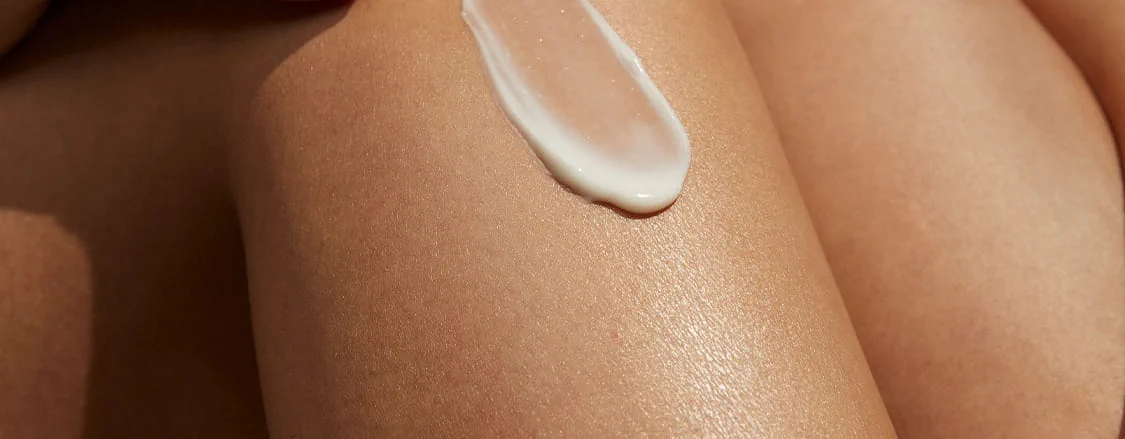
How to prevent night sweats
Read our guide for everything you need to know about excessive sweating at night, what causes night sweats & how to prevent them.
How to prevent night sweats
Night sweats, regular periods of excessive sweating while you’re sleeping, can be uncomfortable and disruptive. Night sweats can impact your sleep and daily life.
Waking up on damp sheets regularly can also be worrying - although most of the time night sweats are nothing to be concerned about, it is a good idea to consider why you might be experiencing excessive sweating at night.
Below, we look at the causes of night sweats, how to prevent night sweats and treatment for hot flashes and excessive overnight perspiration.
Waking up on damp sheets regularly can also be worrying - although most of the time night sweats are nothing to be concerned about, it is a good idea to consider why you might be experiencing excessive sweating at night.
Below, we look at the causes of night sweats, how to prevent night sweats and treatment for hot flashes and excessive overnight perspiration.
What are the symptoms of night sweats?
As the name suggests, night sweats are excessive perspiring while you sleep. Night sweats can leave you soaked in sweat to the point that the bedclothes and nightclothes may need changing.
Night sweats are different from being a little warm due to a hot night or a stuffy room.
Common reasons for night sweats:
Why do I get night sweats before my period?
What causes night sweats in men?
Just as a hormone imbalance in women can trigger night sweats, low testosterone in men can also cause excessive sweating while you sleep. As men age, testosterone levels naturally fall. Night sweats can occur if testosterone levels drop faster than normal.
Increased body fat, erectile dysfunction and decreased libido can also be symptoms of night sweats in men over 40. Night sweats can also be a symptom of sleep apnea - when you stop breathing in your sleep - in men. If you’re excessively tired in the day, wake up often in the night - maybe gasping for breath - or you snore, consult your GP.
Increased body fat, erectile dysfunction and decreased libido can also be symptoms of night sweats in men over 40. Night sweats can also be a symptom of sleep apnea - when you stop breathing in your sleep - in men. If you’re excessively tired in the day, wake up often in the night - maybe gasping for breath - or you snore, consult your GP.
How to prevent night sweats
Are there treatments for night sweats and hot flashes?
Applying an antiperspirant before bed could help reduce how much you sweat. Antiperspirants work by blocking the sweat ducts which will control how much you sweat.
You can apply antiperspirant on your underarms and, if using a spray, over your torso. Explore our range of antiperspirant deodorants, including those suitable for sensitive skins, unfragranced, stick, spray or roll-on, all designed to keep you dry and comfortable.
You can apply antiperspirant on your underarms and, if using a spray, over your torso. Explore our range of antiperspirant deodorants, including those suitable for sensitive skins, unfragranced, stick, spray or roll-on, all designed to keep you dry and comfortable.
